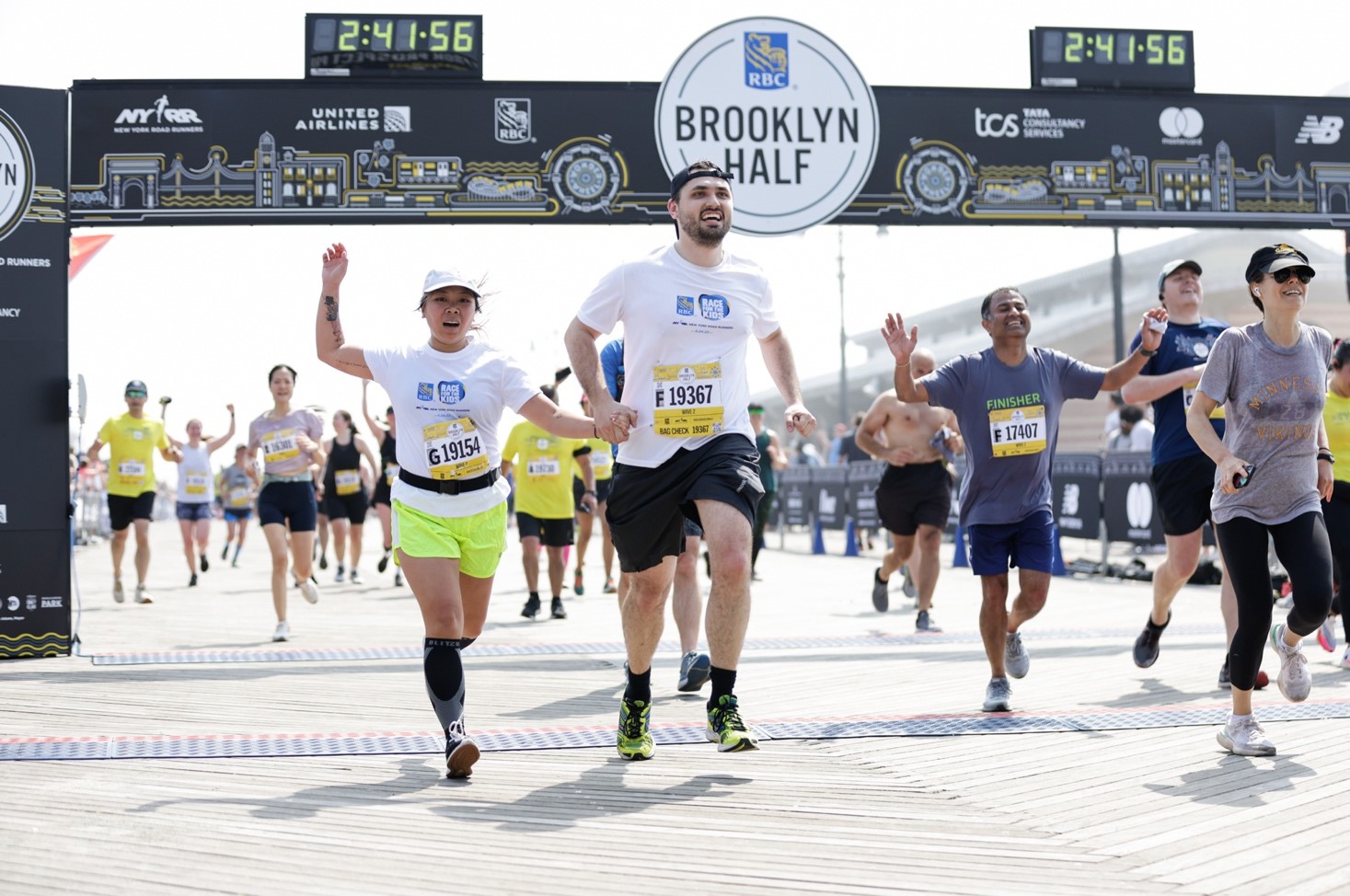President Barack Obama said the growing protest movement against Wall Street, which has been spreading across the nation from its origin in Lower Manhattan, is voicing the American public's widespread frustration about the country's financial system.
"I think it expresses the frustrations that the American people feel," he said Thursday. "People are frustrated and the protesters are giving voice to a more broad-based frustration about how our financial system works."
Meanwhile, Police Commissioner Ray Kelly said Thursday that it has cost the NYPD $2 million in overtime to police the events, which began on Sept. 17 and have included numerous marches, rallies and other large gatherings where hundreds have been arrested.
Obama, taking questions at the White House after making a push for the American Jobs Act, said the U.S. has to have have a strong and effective financial sector for the economy to grow. He said the financial regulation bill he championed is designed to make sure there is tougher oversight of the financial industry.
"The American people understand that not everybody's been following the rules, that Wall Street is an example of that," he said.
"That's going to express itself politically in 2012 and beyond," he added.
Obama said protesters -- and many other Americans -- are upset about what they see as "two sets of rules" for regular Americans on Main Street and financial institutions that he characterized as "trying to fight efforts to crack down on abusive practices that got us into this problem in the first place."
Local
The Occupy Wall Street protests started last month with a few dozen demonstrators who tried to pitch tents in front of the New York Stock Exchange. Since then, hundreds have set up camp nearby in Zuccotti Park and have become increasingly organized, lining up medical aid and legal help and printing their own newspaper.
The protesters have varied causes but have spoken largely about unemployment and economic inequality, reserving most of their criticism for Wall Street. "We are the 99 percent," they chant, contrasting themselves with the wealthiest 1 percent of Americans.
Several Democratic lawmakers have expressed support for the protesters, but some Republican presidential candidates have rebuked them. Herman Cain called the activists "un-American" Wednesday at a book signing in St. Petersburg, Fla.
"They're basically saying that somehow the government is supposed to take from those that have succeeded and give to those who want to protest," the former pizza-company executive said. "That's not the way America was built."
Unions lent their muscle to the long-running protest Wednesday, joining a movement of thousands who filled Foley Square and then marched to Zuccotti Park, the protest headquarters.
Labor leaders say they will continue to support the protests, both with manpower and donations of goods and services.
"The great thing about Occupy Wall Street is that they have brought the focus of the entire country on the middle class majority," said George Aldro, 62, a member of Local 2325 of the United Auto Workers, as he carried the union's blue flag over his shoulder through lower Manhattan.
"We're in it together, and we're in it for the long haul."
The unions were donating food, blankets and office space to the protesters, said Dan Cantor, head of the Working Families Party. But he said the young protesters would continue to head their own efforts. The movement lacks an identified leader and decisions are made during group meetings.
"They're giving more to us than we're giving to them. They're a shot in the arm to everybody," Cantor said.
Many of those protesting are college students. Hundreds walked out of classes in New York, some in a show of solidarity for the Wall Street movement but many more concerned with worries closer to home. Protests were scheduled at State University of New York campuses including Albany, Buffalo, Binghamton, New Paltz and Purchase.
Danielle Kingsbury, a 21-year-old senior from New Paltz, said she walked out of an American literature class to show support for some of her professors who she said have had their workloads increased because of budget cuts.
"The state of education in our country is ridiculous," said Kingsbury, who plans to teach. "The state doesn't care about it and we need to fight back about that."
Follow us on Twitter @NBCNewYork and at Facebook/NBCNewYork.



